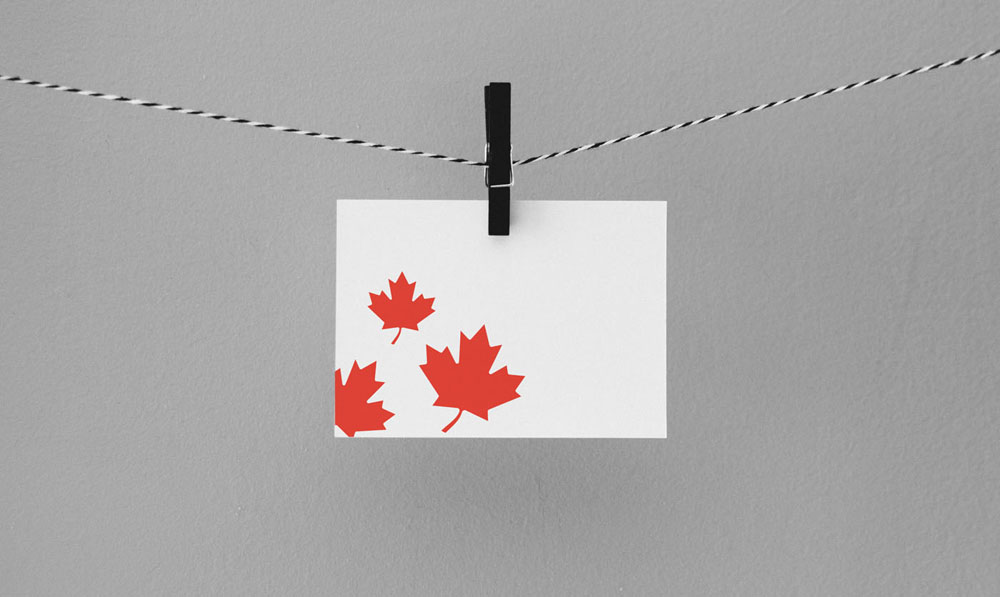As noted earlier, the Canadian Intellectual Property Office had extended deadlines falling between March 16, 2020 and March 31, 2020 automatically until April 1, 2020. In light of the ongoing disruption and uncertainty due to COVID-19, CIPO has now further extended that earlier automatic extension.
All deadlines falling between March 16, 2020 and April 30, 2020 will now automatically be extended until at least May 1, 2020. Further extensions may be announced by CIPO, based on how the situation evolves in the coming weeks. CIPO has also indicated that while it remains open, significant delays should be expected for all CIPO services.
As a best practice, we recommend still meeting the original deadlines for all Canadian trademark matters, where possible. Clark Wilson LLP’s trademark group remains accessible and available to assist, and is working to meet such deadlines where we have timely instructions.
CIPO’s latest announcement on these automatic extensions, first made March 17, 2020 (and last updated March 27, 2020), can be found here.

